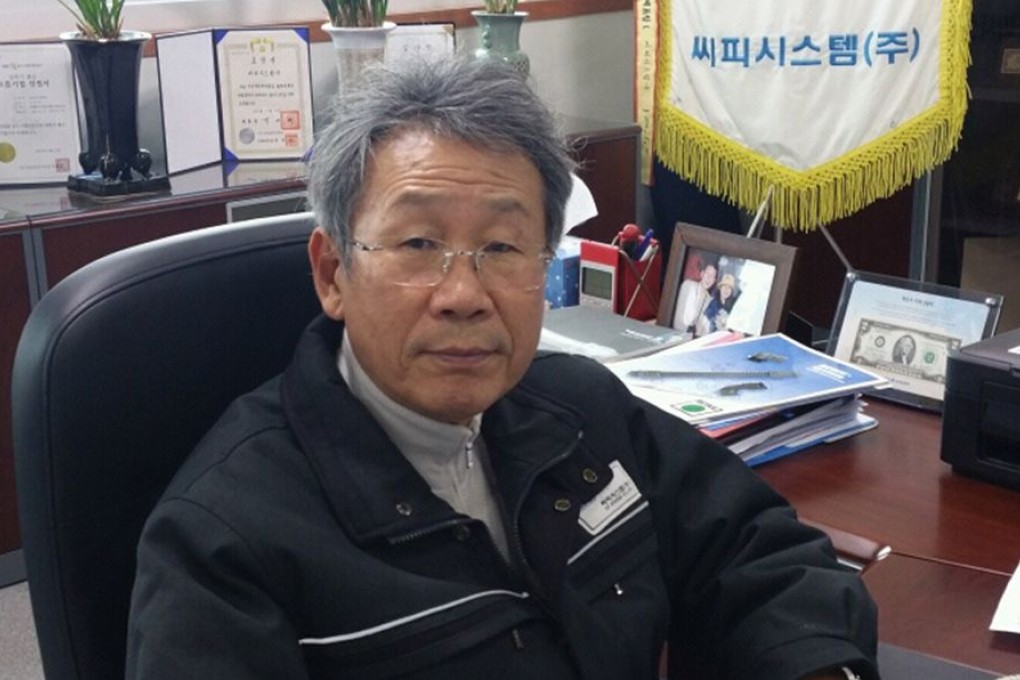CPS brings homegrown cable chain ingenuity globally
Any equipment can only be as good as its individual components. For cable chains used in applications ranging from car manufacturing to aircraft maintenance, marine engineering and robotics, this means relying on high-quality suppliers. For leaders in these industries, it calls for CP System (CPS).

Any equipment can only be as good as its individual components. For cable chains used in applications ranging from car manufacturing to aircraft maintenance, marine engineering and robotics, this means relying on high-quality suppliers. For leaders in these industries, it calls for CP System (CPS).
CPS is the first and only manufacturer of its kind that has localised the production of cable chains and related products. Through continuous research and development, it was able to improve on - and surpass - existing products on the market, earning the trust of local and global brands including Kia, Samsung, LG, Korean Air, Otis and GM Daewoo.
Among the company's most remarkable achievements since its establishment in 1993 is solving difficult challenges faced by clients such as Hyundai Motor, where CPS products replaced problematic cable chains. Since servicing the carmaker's first factory, CPS has yet to repair any of its installations.
"We realised that the domestic market needs a supplier that can match its distinctive requirements unmet by imported brands," says CPS CEO Kim Kyung-min. "Soon after introducing a comprehensive range of cable chains, flexible conduits, connectors and robo-kits in South Korea, CPS quickly caught the attention of the international market."
The Busan-headquartered company now exports to 23 countries, where it brings advanced technologies developed in-house. Its next-generation sabin chain, for example, has patent applications in Germany, Japan, the United States and China for superior performance highlighted by low-dust and low-noise qualities suitable for cleanroom application in the semiconductor industry. It also conforms to strict European standards including TÜV and IPA, is completely recyclable and contains no harmful substances such as lead and cadmium.
"The foremost important aspects of production are quality and technology, which are the foundation of our long-term relationships with customers and partners - whom we want to grow with as we expand in Asia, the Middle East, the US and South Africa," Kim says.
http://www.cpsystem.co.kr